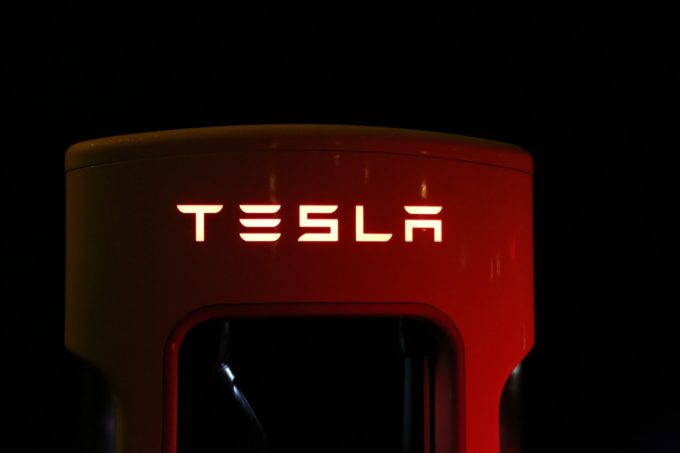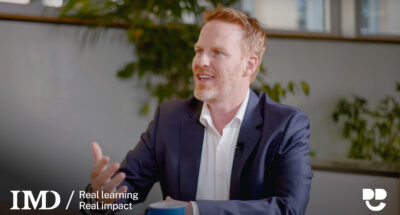“Climate change is not the result of people being nasty or evil who want to ruin the planet. The key message is when we do good things there’s a by-product that is bad and we need to put a price on that by-product,” said IMD Professor of Finance Karl Schmedders.
Schmedders was speaking during a session called the “The Economics of Climate Change”, part of a two-day special program for the MBA class of 2022 on “The Science of Sustainability.”
If the world is going to make headway in getting emissions to net zero, we need to start paying for more of the CO2 emissions produced as a side effect of economic activity. As researcher Richard Tol acknowledged: “Climate change is the mother of all externalities.”
Take the example of the global cement production, which uses vast amounts of energy to heat limestone. Despite its massive carbon footprint, demand for cement continues to grow. Between 2011 and 2013, China produced more cement (6.6 gigatons) than the United States did in the entire 20th Century (4.5 gigatons.)
One approach taken by policymakers to try to remedy the problem is to introduce carbon taxes (that assign a price to the pollution) and quotas (which aim to limit the quantity of production.) The aim is to produce less and force manufacturers to consider greener sources of production by pushing up the cost of polluting.
An example is the European Union’s cap and trade system which sets a cap on how much greenhouse gas pollution can be emitted each year and assigns an allowance to companies. Firms can then buy or sell these permits depending on how much CO2 they emit.
The system is not without its flaws. Tesla was able to make billions of euros from selling its green credits to other carmakers, even though a Tesla car being driven in a country like Germany, for example, is not particularly green given the country’s reliance on brown coal for its electricity.
A further downside of such a system is carbon leakage whereby companies move high-polluting activities to countries outside the EU and then import the products back into the bloc.
“What they didn’t understand in Brussels and Berlin is that carbon can travel the world without a passport. That’s the problem in carbon leakage,” said Schmedders.

Audio available





